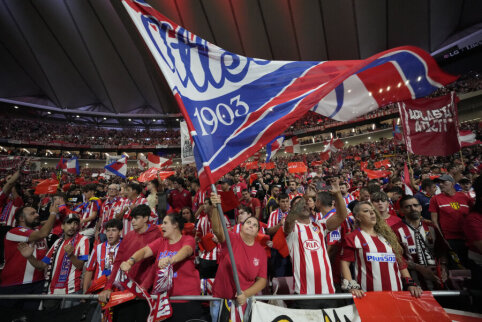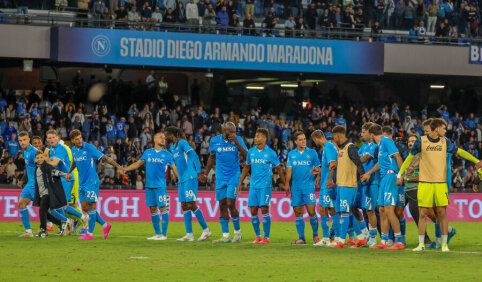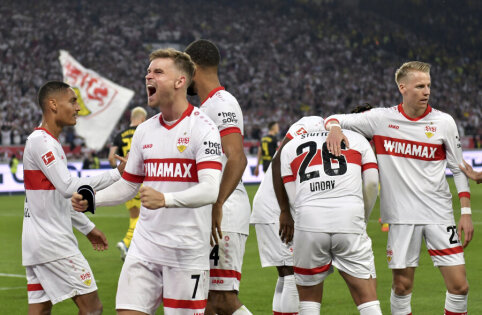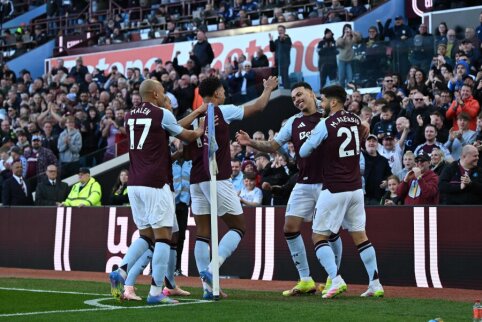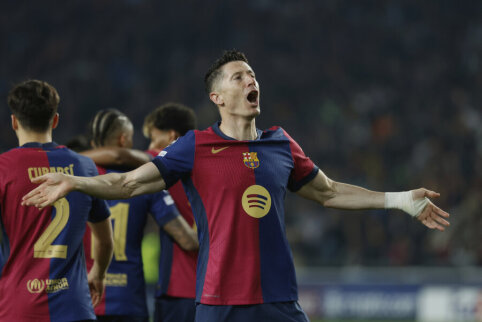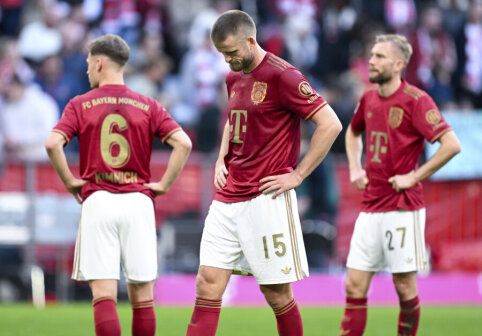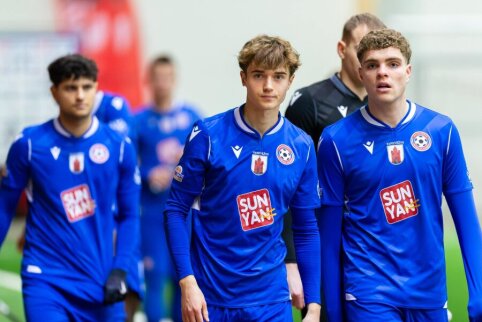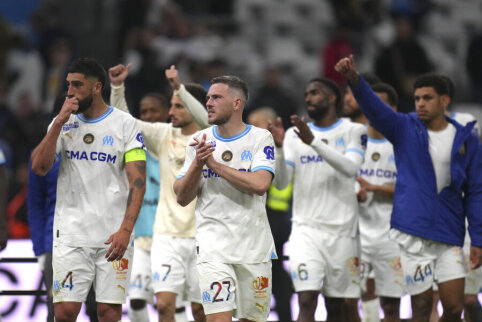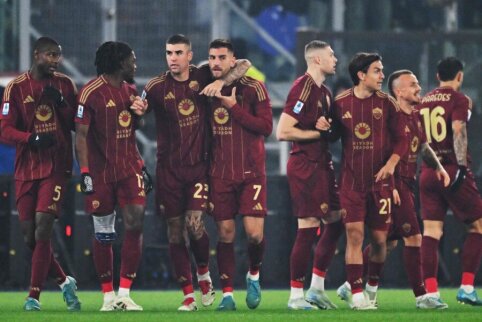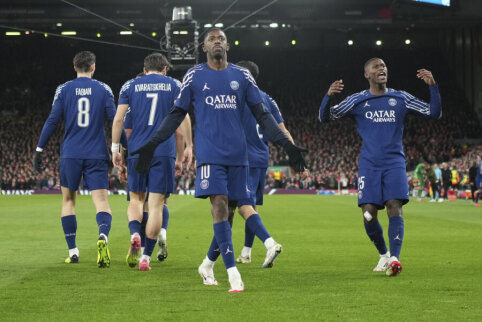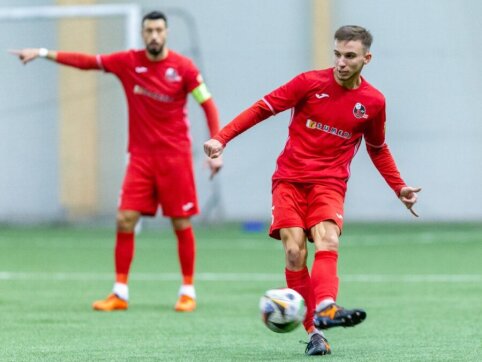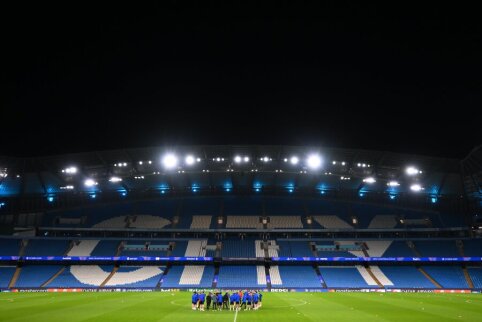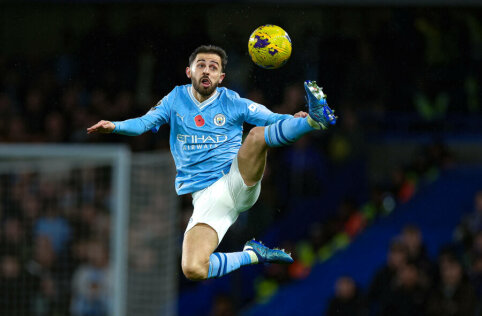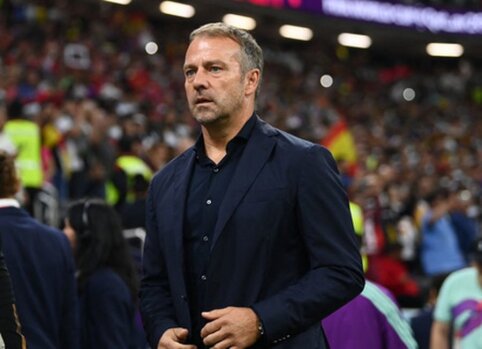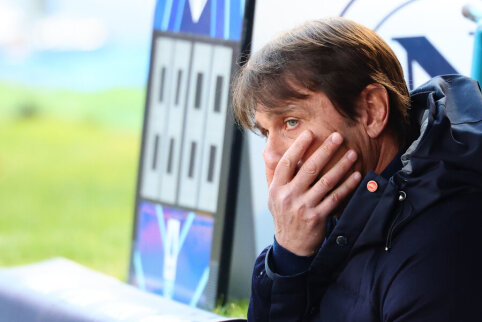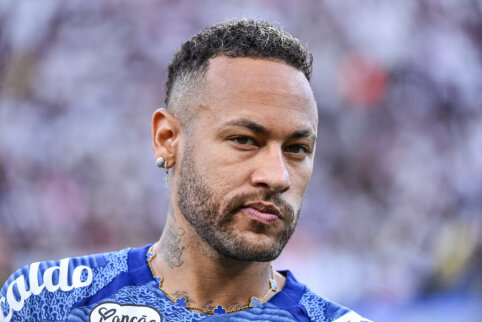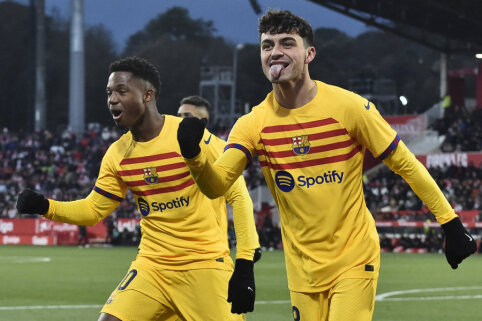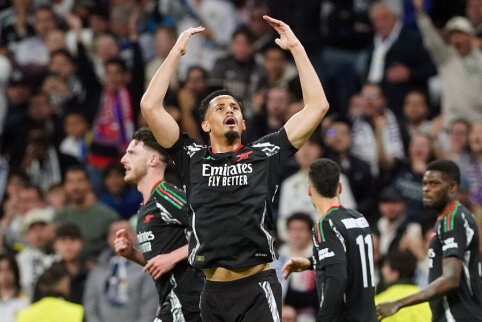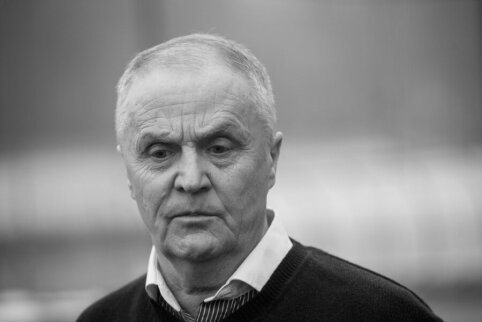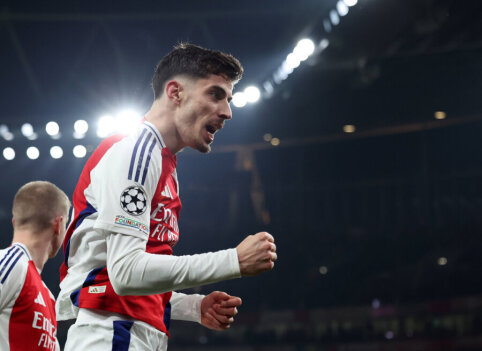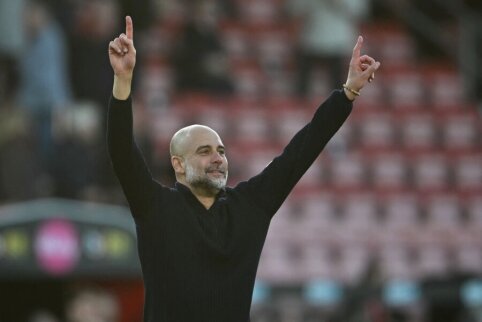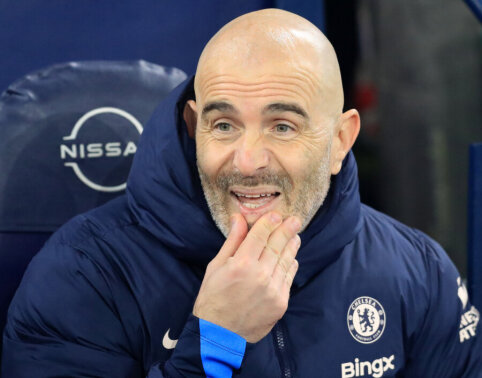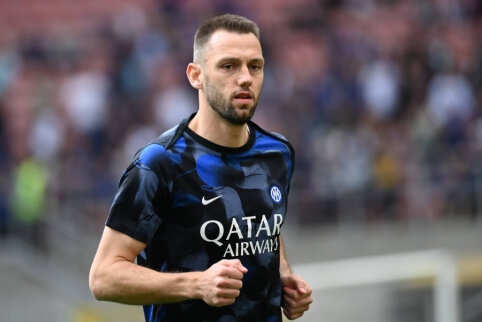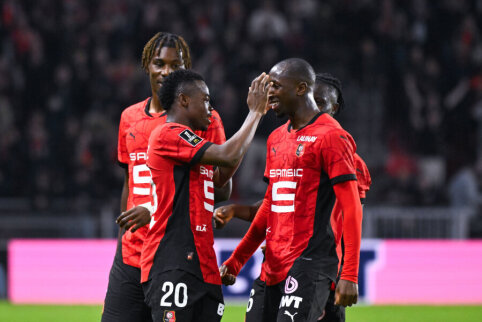 © EuroFootball.com
© EuroFootball.com
After the collapse of the Soviet Union, Ukrainian footballers became serious opponents for both national teams and clubs. However, even before that, Ukraine was known for its football traditions. It is enough to remember the legendary strategist Valeriy Lobanovskyi and three Golden Ball laureates.
"Dynamo" dominance
Although the Ukrainian Football Federation was founded only on March 6, 1991, the country, which had gained independence, had a rich football history. Most of the credit goes to Kyiv's "Dynamo". It was this team from the Ukrainian capital that first won the gold of the Soviet Union championship in 1961, breaking the dominance of Moscow clubs. In total, the "blue-and-white" team won 13 Soviet Union championships and the country's cup 9 times. Most of these titles were won between 1974-1990, with V. Lobanovskyi often leading the team.
Known as "The Master", this talented strategist became famous for his scientific approach to statistics and tactics. A former talented defender, V. Lobanovskyi won the USSR gold in 1961 with "Dynamo" as a player. As a coach, he won 8 USSR championship titles, 6 country cups with the same team, and twice – in 1975 and 1986 – won the UEFA Cup Winners' Cup.
In 1988, he also led the Soviet Union national team to the European Championship final. From 1997 to 1992, V. Lobanovskyi again led Kyiv's "Dynamo," winning 5 Ukrainian championship titles and 3 country cups. After his death in 2002, the country declared a national mourning, and thousands of people accompanied the famous strategist to his eternal resting place in Baikove Cemetery.
"Shakhtar" steps onto the scene
"Dynamo" was the most successful team when Ukraine regained independence. This team won a total of 13 championships, celebrated the country's cup 9 times, and even reached the semi-finals of the UEFA Champions League in the 1998-1999 season.
However, the first Ukrainian championship was won by Simferopol's "Tavriya", and in the 2001-2002 season, Donetsk's "Shakhtar" won the competition for the first time, becoming a serious rival for Kyiv's team.
In total, the Donetsk team has already won 6 Ukrainian championship titles. "Shakhtar" even outperformed their main rivals in the international arena. In the 2008-2009 season, "Shakhtar" won the UEFA Cup. In the semi-final, "Shakhtar" eliminated none other than Kyiv's "Dynamo".
Talents
The success of the Donetsk team was partly due to the successful integration of Brazilian legionnaires into the team. But Ukraine itself has managed to produce many talented footballers. In total, three Ukrainians have won the Golden Ball award – Oleg Blokhin, Igor Belanov, and Andriy Shevchenko.
They managed to do this in 1975, 1986, and 2004. Additionally, players like Yevhen Rudakov, Volodymyr Muntyan, Oleh Mykhailychenko, Anatoliy Demyanenko, Volodymyr Bezsonov, Serhiy Rebrov, and Anatoliy Tymoshchuk were excellent ambassadors for Ukrainian football at different times.
Disguised "Dynamo"
There was a tradition that players from Ukraine formed the core of the Soviet national team. Ukraine sent several excellent players in 1960 when the Soviet Union won the first European Championship. Ukrainians were important in the other three championships (1964, 1972, 1988), where the Soviets finished as runners-up.
For the 1988 European Championship, V. Lobanovskyi invited as many as 11 players from Kyiv's "Dynamo". This team was ironically called the disguised "Dynamo". In that championship, led by Ukrainians, the Soviets marched to the final, where they lost to the Netherlands inspired by Marco van Basten.
Ready for the challenge
Independent Ukraine has not reached such football heights. In their first international match, independent Ukraine lost 3:1 at home to Hungary in April 1992. Fans felt heartbroken when the playoffs blocked Ukrainians' path to the 2000 European Championship and the 1998, 2002, and 2010 World Cups.
However, the breakthrough finally came in 2006 when Ukraine, led by Oleg Blokhin, reached the quarterfinals of the World Cup. After four years spent away from the national team, former Kyiv "Dynamo" forward O. Blokhin returned to the team and is prepared for a new challenge – the 2012 European Championship.
